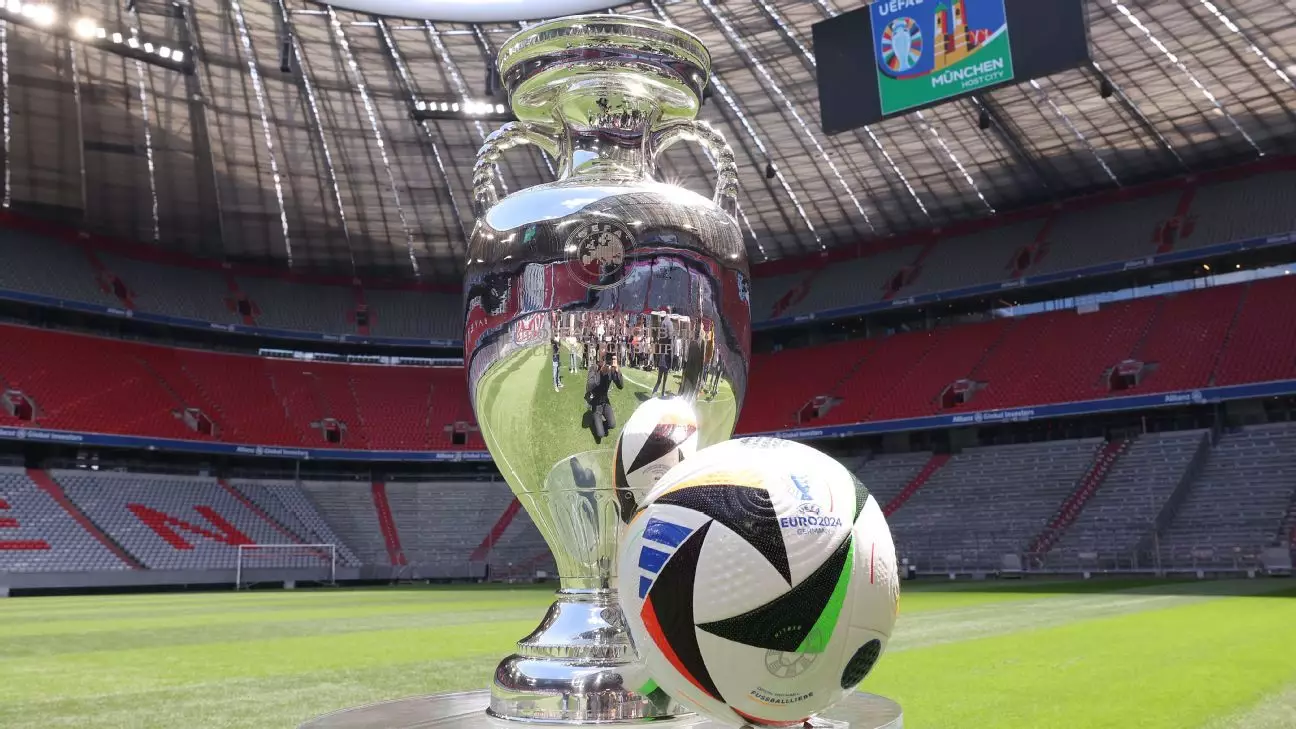In a move that has sent shockwaves through the footballing world, UEFA’s executive committee has made a groundbreaking decision regarding the qualification process for the upcoming Euro 2028. Traditionally, co-hosting countries have enjoyed the privilege of automatic qualification. However, this time, England, Republic of Ireland, Scotland, and Wales will face the same challenging qualifying rounds as other nations. This departure from the norm invites both scrutiny and appreciation, as it strengthens the competitive integrity of the tournament while also raising questions about the motivations behind such a decision.
The Strategic Implications
The decision to not grant automatic qualification emphasizes UEFA’s strategic commitment to ensure that determination and performance take precedence over privilege. By leaving open two reserved slots for the highest-ranked co-host nations that fail to qualify through the regular route, UEFA has achieved a balance between maintaining tradition and introducing a fresh competitive dynamic. This system encourages countries to perform at their best, knowing that there are no guarantees based on geographical advantage. The implications are substantial; it could incentivize teams to invest in improving their performance and scouting talents, particularly given that Euro 2028 will showcase games across nine venues in the United Kingdom and Ireland.
A Complex Path Forward
The qualification landscape for Euro 2028 is now complex, introducing layers of uncertainty that teams must navigate. With 12 group winners and eight best runners-up securing spots directly in the tournament, the pressure is on. The path for the remaining countries involves a playoff system that can further complicate matters. If both reserved spots are applied, eight teams will compete in knockout rounds, escalating the stakes. This convoluted arrangement may flatter a vision of an unpredictable and thrilling tournament, but it also risks excluding potentially high-caliber teams from participating in a platform they had hoped to showcase their talents on.
Unique Challenges for the Co-Hosts
Despite their status as co-hosts, England, Ireland, Scotland, and Wales are left no choice but to prove themselves on the pitch. England’s recent performance as runners-up in Euro 2024 contrasts sharply with Scotland’s premature exit, while Wales and Ireland didn’t even earn a spot in the last tournament. This discrepancy raises questions about the preparedness and investment strategies of these nations as they gear up for the qualifying rounds. Can they overcome the pressure and confusion of this new system, or will their elite aspirations falter under the strain of competitiveness?
Looking Ahead: The Bigger Picture
UEFA’s decision goes beyond merely changing a qualification process; it marks a significant rethinking of how international football is structured. It reflects the evolving nature of the sport, where more nations are delivering competitive performances that challenge established hierarchies. If embraced effectively, this could position Euro 2028 as a thrilling spectacle, redefining not just the tournament itself, but how countries perceive their chances on the international stage. It could usher in a new era for the sport, compelling traditional powerhouses to rethink their strategies, while unexpectedly giving room for underdogs to shine.

